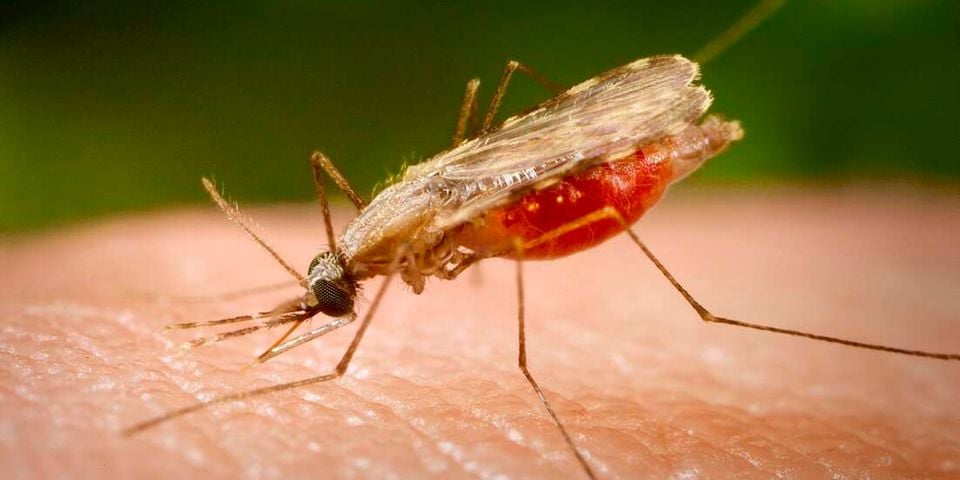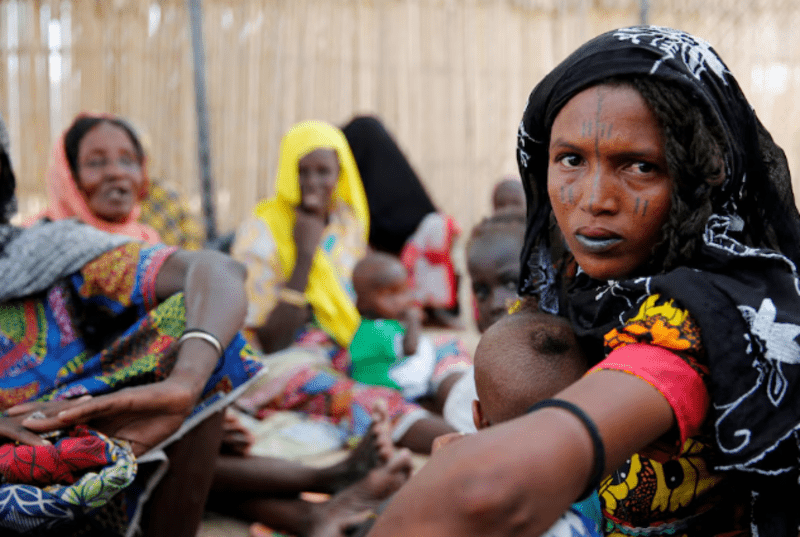New drug to reduce malaria rates in pregnant women with HIV

By Amina Wako |
The antimalarial drug significantly reduced malaria infections by 68 per cent.
There is hope for better mother and newborn health in Sub-Saharan Africa after the Kenya Medical Research Institute (KEMRI) published encouraging results of a medication intended to lower the risk of malaria infections in pregnant women living with HIV.
The study found that adding the antimalarial drug dihydroartemisinin-piperaquine to the standard daily co-trimoxazole treatment significantly reduced malaria infections by 68 per cent.
Keep reading
KEMRI spearheaded the research, collaborating with the Liverpool School of Tropical Medicine, Malawi’s Kamuzu University of Health Sciences, and the Malawi University of Science and Technology.
Published in Lancet early January, the study illuminates the potential of integrating an antimalarial drug, dihydroartemisinin-piperaquine, into the existing malaria treatment to effectively prevent malaria during pregnancy, particularly among pregnant women living with HIV in Sub-Saharan Africa.
The health of expectant mothers and newborns is seriously jeopardised by malaria, especially for pregnant HIV-positive women.
Worrying numbers
The World Health Organisation (WHO) predicts that one million pregnant women living with HIV in sub-Saharan Africa get infected with malaria each year. This becomes even more critical as Africa bears nearly the entire global burden of malaria, accounting for an estimated 96 per cent of malaria cases and deaths in 2020.
Currently, the WHO advocates the daily administration of co-trimoxazole, an antibiotic, to prevent malaria in pregnant women living with HIV in regions characterised by high malaria transmission.
However, experts highlight the compromised efficacy of co-trimoxazole in sub-Saharan Africa due to the escalating resistance of malaria parasites to the drug.
The study evaluated the efficacy of adding monthly dihydroartemisinin-piperaquine to daily co-trimoxazole in preventing malaria infections in women living with HIV, comparing it to a control group receiving a monthly placebo alongside daily co-trimoxazole. The trial involved 904 randomly assigned participants.
KEMRI CEO Elijah Songok celebrated the findings, emphasising their potential impact on a disease that risks about 70 per cent of the population. Malaria in pregnancy can lead to serious health complications, including miscarriage, stillbirth, preterm delivery, and growth restriction in newborn babies, and co-infection with HIV doubles these risks.
Dr Hellen Barsosio, a clinical research scientist from Kemri’s Centre for Global Health Research and lead author of the study, expressed optimism about the findings.
"Not only did we find that adding dihydroartemisinin-piperaquine to co-trimoxazole was safe and prevented two out of every three malaria infections during pregnancy, but it was also well tolerated by pregnant women, which is important when a drug is given for prevention," she stated.
Barsosio believes that the study could lead to a much-needed policy change that could make a real difference in improving maternal and newborn health in Africa.
Simon Kariuki, head of the Malaria Programme at the KEMRI-CGHR, expressed hope that the study's outcomes, coupled with a parallel trial underway in Gabon and Mozambique, will contribute valuable insights to shape malaria prevention guidelines issued by the World Health Organisation and influence the development of national health policies.



















